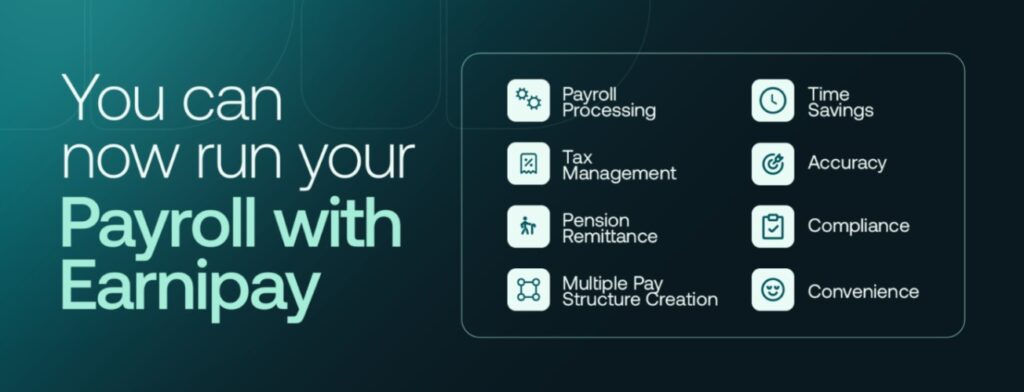There’s a growing disparity between the way people consume goods and services and how they’re compensated for their work. Unlike countries where paychecks arrive bi-weekly, Nigerians receive monthly wages. However, certain expenses like rent, food, and transportation often require upfront lump-sum payments. This poses significant challenges, particularly for people with limited savings. This is where on-demand pay comes in.
Research carried out by CareerBuilder shows that more than three-quarters of the population of workers have to wait for the next payday before they have access to funds to tend to their needs. In Nigeria, most companies do not offer flexible payments. They mostly wait till the end of the month to pay their workers. Reducing the time between paydays will be a welcome idea for most workers as they won’t have to wait long to tend to some of their urgent needs.
As the cost of living continues to outpace wage growth, people often face cash flow challenges within a month. Recognizing these challenges, there’s been a shift in corporate strategies and business models, driven by an increasing social consciousness among employers globally.
Employers are now embracing more ethics-based approaches, seeking to address the financial well-being of their employees. One notable area of focus is on-demand pay, where employees can access a portion of their earned wages in real-time or on-demand, providing them with greater financial flexibility and stability.

What is On-Demand Pay?
On-demand pay allows employees to access their wages as they work. Employers partner with on-demand pay service providers, in this case, Earnipay, or incorporate on-demand pay features into their existing payroll systems. These systems securely track employees’ hours worked and wages earned in real time.
The on-demand pay system operates through real-time tracking of employees’ work hours, shifts, overtime, and bonuses, ensuring accurate and up-to-date wage calculations. This data seamlessly integrates with the employer’s payroll system, facilitating smooth processing. Employees gain immediate access to their accrued wages through the Earnipay app. Here, they can transact, pay bills, and so on.
On payday, employers deduct any wages accessed through the on-demand pay system from the employee’s regular paycheck, ensuring they receive their full wages for the pay period and aiding in accurate payroll management.

What Does The Employer Get?
Employers can benefit from implementing on-demand pay systems in several ways:
- Improved Employee Satisfaction and Retention: Offering on-demand pay can enhance employee satisfaction by providing them with greater financial flexibility and control over their earnings. Satisfied employees are more likely to remain with the company, reducing turnover and associated hiring and training costs.
- Competitive Advantage in Hiring: In a competitive job market, offering on-demand pay can serve as a differentiator in attracting top talent. Job seekers may prioritize employers who offer this benefit, leading to a larger pool of qualified candidates.
- Increased Productivity and Engagement: Financial stress can negatively impact employee productivity and engagement. According to PwC’s 9th annual Employee Financial Wellness Survey 2020 results, it is found that personal finance challenges can distract employees. By providing access to earned wages when needed, employers can alleviate some of this stress, leading to improved performance and morale among employees.
- Streamlined Payroll Processes: On-demand pay systems automate payroll processes and reduce the administrative burden associated with traditional payroll cycles. This can result in cost savings and greater efficiency for the HR and finance departments.
- Adaptation to Changing Workforce Trends: With the rise of the gig economy and freelance work, on-demand pay aligns with the flexible payment preferences of independent contractors and temporary workers. Employers can attract and retain these workers by offering timely access to earnings.
Overall, implementing on-demand pay systems can contribute to a positive work environment, enhance employer brand reputation, and ultimately drive business success through improved employee satisfaction, retention, and productivity.





Leave a Comment